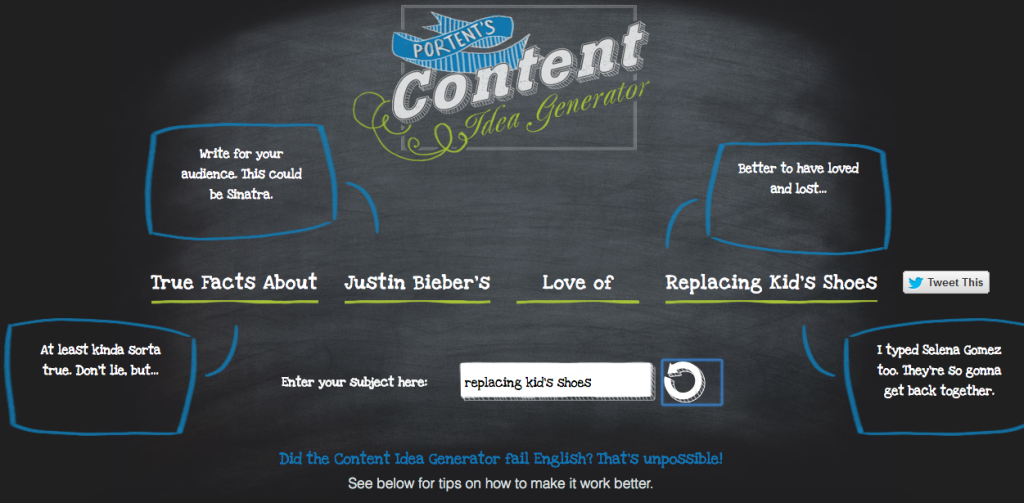There is a lot of talk going around that artificial intelligence will make the human workforce practically obsolete within a few decades. In fact, researchers from Oxford, Carl Benedikt Frey and Michael A. Osborne, found that a whopping 47% of employment in the United States is at risk. Their findings were a result of examining the susceptibility of jobs (over 700 occupations were assessed) to computerization.
What does this mean for content marketers? Does artificial intelligence marketing have what it takes to produce various types of downloadable content and create relevant, valuable blogs regularly to define not only the brands’s story, but also the story as interpreted by the customer while also gaining awareness, subscribers, and leads? We don’t think so. And here’s why…
Fresh Content Creation Has Authentic Needs
In an article written by Taylor Mallory Holland, she explains why a future of content marketing without human intelligence is inconceivable. Holland maintains that “knowledge is not the same thing as wisdom, and reporting is not the same thing as brand storytelling.”
Humans possess certain traits that artificial intelligence will never have. Wisdom and experience go a long way when it comes to portraying a company’s brand to their target audience. While artificial intelligence can acquire information about a topic, it is unable to make any sort of personal connection, which strategically brings customers to the brand in a way that is relatable and memorable.
Furthermore, individuals in the content marketing field are creative writers who crave constant streams of new information and learning opportunities. They are a curious bunch who succeed at taking news and snippets of information and making creative connections and new ideas. Artificial intelligence falls short because it takes in new information and regurgitates it, but leaves curiosity and creativity out of the equation when developing pieces of content, two necessities when it comes to conveying a brand’s story to its target audience.
The Fine Line Between Knowledge and Wisdom
There are a lot of great AI tools out there that help content writers brainstorm ideas for articles. But relying solely on these tools is not enough. For example, I recently needed to write an article for one of our clients about how to know when to buy your child new shoes. I moseyed on over to portent.com, a content idea generator, and hoped for the best.
For those of you who are unfamiliar with Portent, it’s incredibly easy to use and is great at helping with the brainstorming process, not completely taking over. Simply come to the site with a topic you would like to write about and enter it in the subject field. Within seconds, Portent generates titles for your article that can really spur creativity. Using their ideas as they come, might not be the best idea. Here is one of the results that I got after entering “replacing kid’s shoes”:
Having a firm understanding of our client’s target audience, I know I do not want to include Justin Bieber in the title, nor do I want him to be the focus of the article. Here’s what I can take away from this suggestion: starting the title with, “true” or “facts.” I wouldn’t put “true facts” together like the generator did because that’s redundant. See? This is where human intelligence is necessary. From this result, I got the idea to possibly title my article, “5 Facts You Need to Know About Replacing Kid’s Shoes.” So really, artificial intelligence provided me with one word and I came up with the rest.
Humans Are Engaging and Relatable
While artificial intelligence can create stories that are intelligent and packed full of facts and data to back them up, continent marketing goes beyond bulking up websites with lengthy articles. Content marketing strives to create articles that are consistent, relatable, and appealing to humans, and not just search engines.
Being appealing to humans involves writing with feeling and sharing experiences, things that artificial intelligence simply cannot do. Oftentimes writers need to conduct in-depth interviews that involve lots of critical thought and intelligent questions, with the ability to come back with even more intelligent follow-up questions. By doing so, content marketers can connect with consumers in a powerful way, sharing personal experiences through the use of interviews in order to build credibility.


